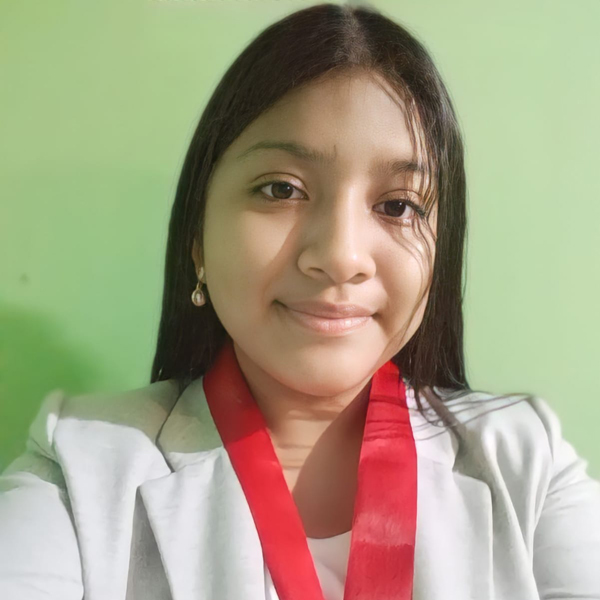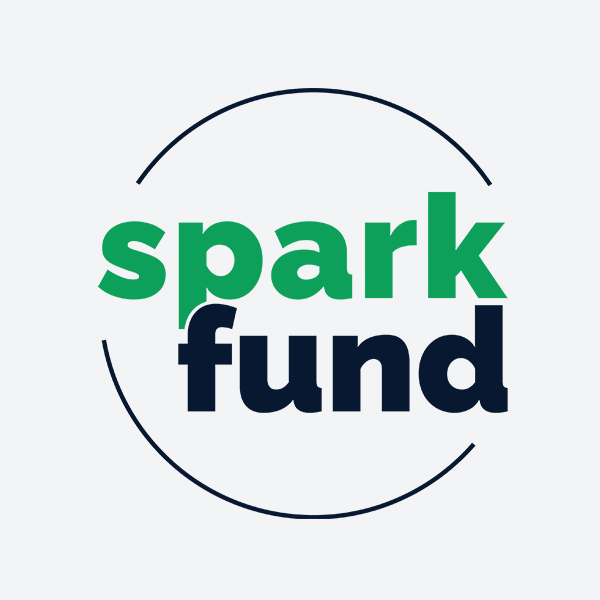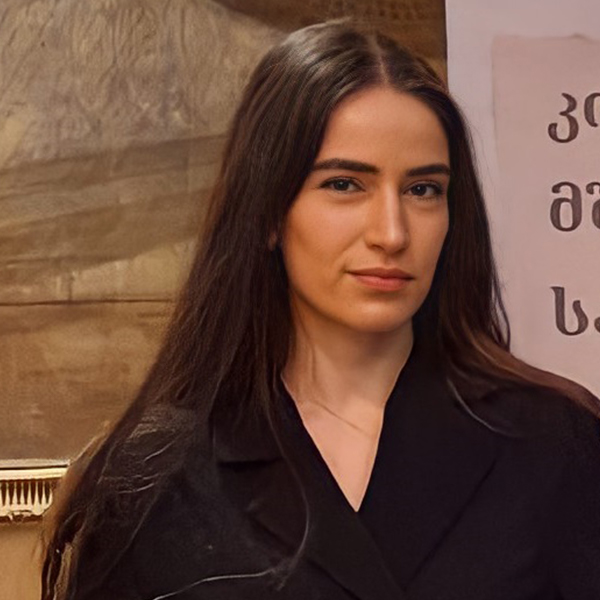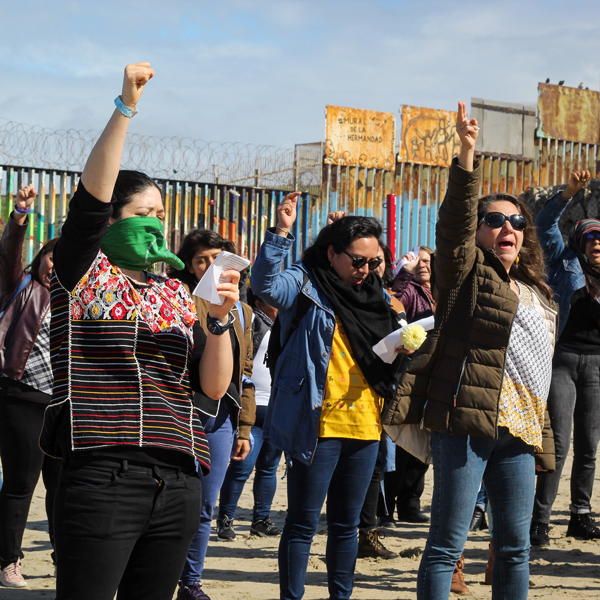Milena Rusu founded Spark Fund partner Feminismd, a feminist organization in Moldova, when she was just 16. Learn about Milena’s journey and Feminismd’s youth activism in this Q&A with Global Fund for Children Programs and Partnerships Associate Nasra Ayub and GFC Intern Juliette Deaulles.
Young feminist activists play a critical role in women’s rights organizations and movements worldwide. From the #MeToo movement to women and girls across the world advocating for education, autonomy over their bodies, and other rights, the need to invest in young feminist organizations is clear. The barriers to effective participation in women’s rights movements include limited access to funding and support; a lack of capacity development; and violence against young women human rights defenders.
Feminismd, a young feminist organization based in Moldova that raises awareness about gender equality issues, is one of GFC’s Europe and Eurasia Spark Fund partners. By utilizing social media platforms and organizing in-person and online events, Feminismd informs teenagers in Moldova about gender equality and social justice issues and empowers them to combat these problems. We spoke with Milena Rusu, the founder of Feminismd, to find out more about the origins of the organization and why it is important to invest in young feminist activism.
How did Feminismd come about?
In May 2020, I learned what feminism means through social media. I liked a post about feminism on Instagram, and I started getting more similar content. The catalyst for the foundation of Feminismd was when I watched a live video of Moldovan activist Alina Cebotari and learned there is activism in Moldova as well. That surprised me, since all of the feminist content on social media I’d seen before was from Western Europe or the US; I didn’t think there was a feminist movement in my country. Alina mentioned in that video that there were few resources about gender equality in Romanian. I reached out to Alina privately, telling her I knew English and Romanian and could translate some of the resources. She supported my idea, and very soon after, I created an Instagram page for Feminismd and began posting feminist resources in Romanian.
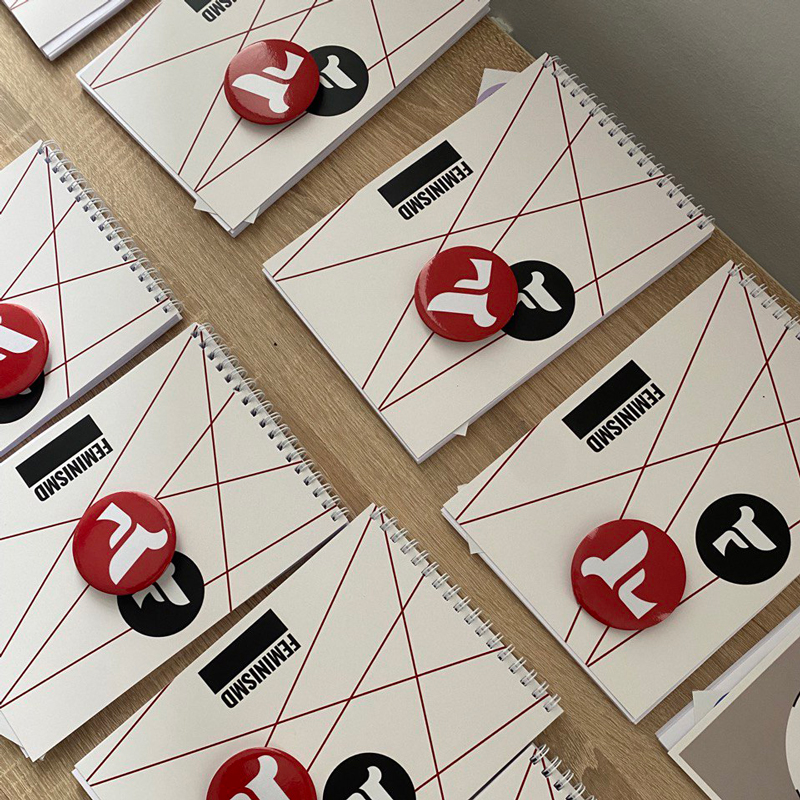
I started getting messages from other young people saying that they wanted to join the group. I opened a recruitment period and got over 90 requests to join; there were people from all ages and even from abroad. This was such a great surprise, and it proved that the work I was doing was important. I ended up forming a team of 20 people. It was a bit chaotic at first, but I got the hang of it, and the support from our fans and other feminist organizations was amazing.
You started an organization at 16 years old – that is incredible! Why is it important to invest in young feminist work?
I believe it is important to invest in youth activism because we have the best understanding of what young people need, and it is easier to create change when you are part of the target group.
When developing projects and events, I often ask my team, “You as a young person, or your friends, would you participate in this?” We don’t need focus groups because the group we are targeting is our peers and ourselves – it’s as easy as “let’s put our ideas in a survey form and send it to our friends so they can vote for the most interesting one.”
I think young people are incredibly motivated; we have a lot of energy, and it’s a wonderful feeling to understand that even if you’re not an adult, you can get involved and make an impact in your community.
How has being a Spark Fund partner helped further your work with Feminismd?
In the past, we have had small grants of $350 and $5,000. They were rigid, so if we wanted to make any changes, we had to provide a lot of documentation and request approval.
I remember in my first meeting with GFC, I asked what documentation we needed to send if we changed our budget or project direction. I was told, “Nothing, just keep us updated.’’
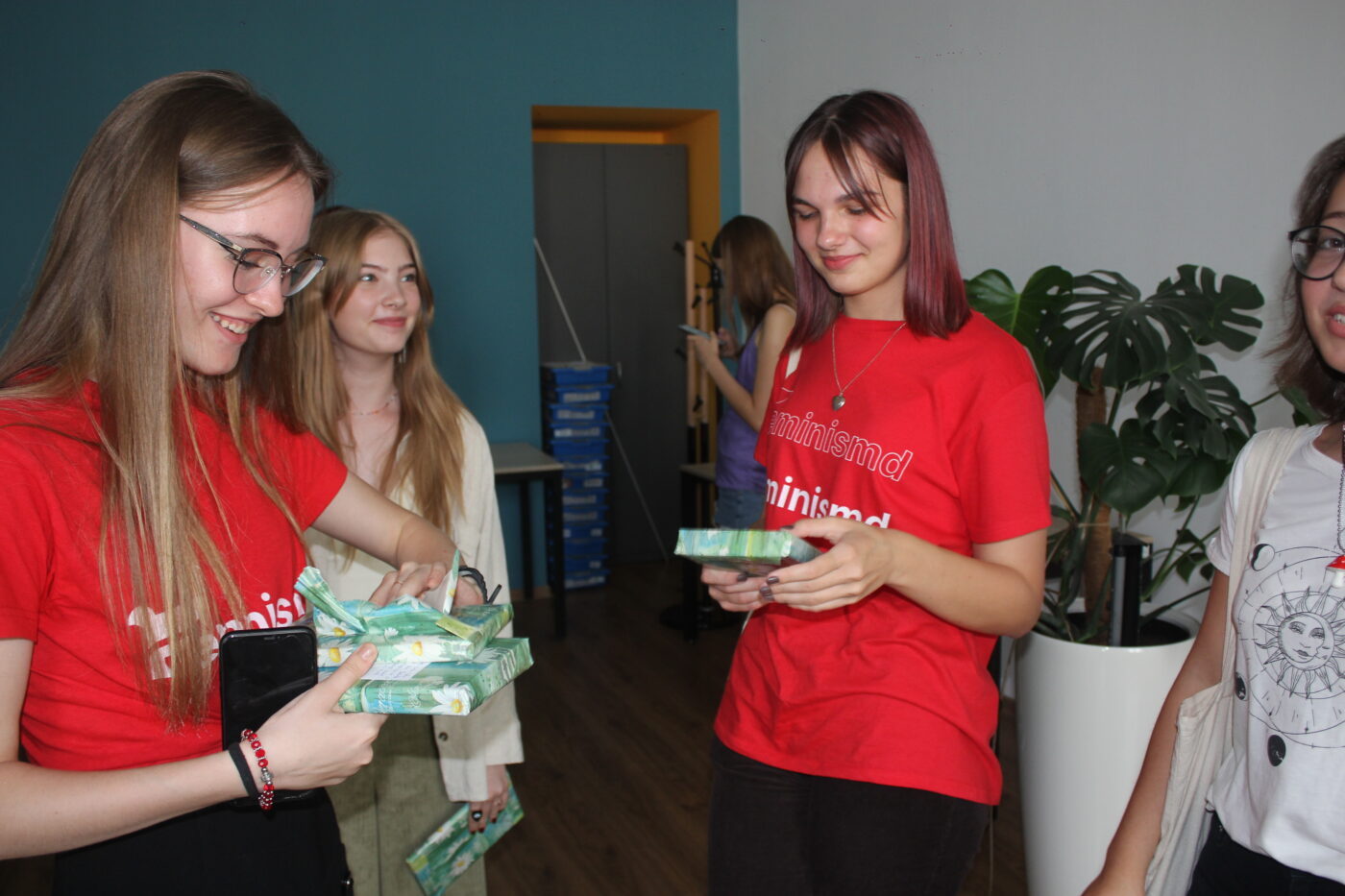
The Spark Fund gave us freedom and flexibility, and it truly helped us – when our team would suggest new ideas, we could say, “Yes!” We are now able to better structure our activities in terms of what we need.
Through the Spark Fund, we got basic tools such as a Zoom Pro account, and we received training on strategic planning, developing a stronger organizational structure. Our most important project in 2022 is EmpowHER Academy, a year-long mentoring program that started with a seven-day feminist camp this August. We brought together 20 women from rural areas of Moldova, discussed feminist issues, networked, and had community-building activities. The participants created four project proposals, which they are executing now on a national level.
Lastly, if you could envision a better world for feminists in the next ten years, what would it look like?
I envision an education curriculum that is gender-sensitive and a huge investment in public awareness campaigns on feminist values so they become normalized. A lot of people still claim that feminism is about female supremacy; that couldn’t be more wrong. Feminists want a gender-equal world.
In Moldovan schools, a lot of books we read are from male authors and contain sexist and traumatizing content – often these books are violent and graphic. I would like to see more feminist literature and literature written by women in the curriculum.
We must also have sex education in schools and feel safe to discuss gender inequality in the country during lessons. We have to talk about these issues instead of pretending they don’t exist. Only when we have spaces for meaningful discussion and reflection will we really be able to change society.
The Spark Fund is a youth-led fund that invests in youth-led and youth-focused groups tackling injustice and inequality and driving transformational change. Established by GFC and the Avast Foundation, the Spark Fund has empowered youth panels in the Americas, Europe and Eurasia, South Asia, and Southern Africa to design a grantmaking process and award funding to youth-led and youth-focused organizations in their regions.
Header image: The winning team of the game “100 feminists said…” (similar to Family Feud), which was played at a Feminismd event. © Daniela Moraru
